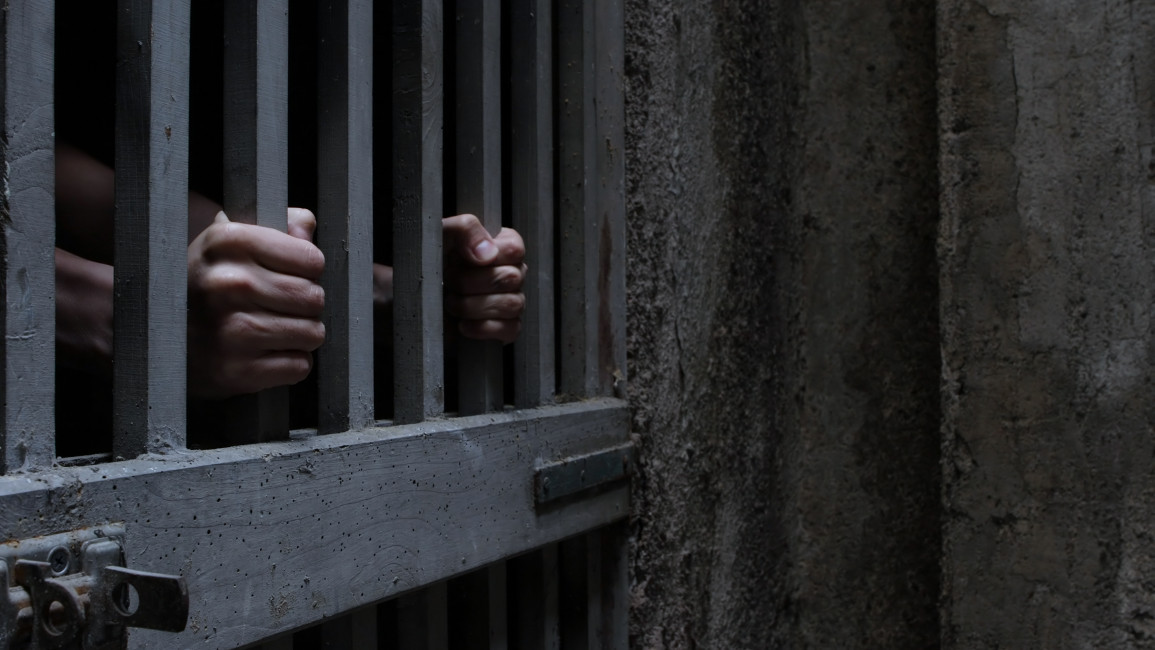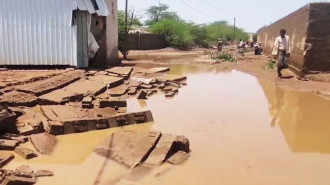Iraqi officials reveal further details on secret executions, sparking concerns on accountability, justice, and human rights
Iraqi authorities continue to carry out secret executions in violation of the country's constitution, aiming to evade scrutiny from political factions and human rights organisations, according to Iraqi officials.
These executions have ignited significant controversy, drawing attention from international human rights groups and setting off debates regarding justice and transparency in Iraq. The secretive nature of these executions, conducted without the public announcements required by the Iraqi constitution, raised serious concerns about the fairness and legality of these trials, as well as the conditions of prisoner detention.
Many of those convicted were reportedly accused based on complaints by secret agents, often with false accusations stemming from sectarian motives. As a result, a majority of the prisoners belong to the Arab Sunni community.
Al-Hoot prison, located in Nasiriyah, southern Iraq, has become the focal point of these secret executions. The prison houses around 40,000 inmates and is Iraq's largest prison after Abu Ghraib was closed. Observers have dubbed it the "notorious prison" due to numerous violations and deaths resulting from torture, beatings, malnutrition, and disease outbreaks.
"Most executions are carried out in Al-Hoot prison in Nasiriyah, under the supervision of the Ministry of Justice, in batches, with each batch including eight convicts who are brought into the execution chamber together," an official from the Iraqi Ministry of Justice, speaking on condition of anonymity, told Al-Araby Al-Jadeed, The New Arab's Arabic-language sister publication.
The government has directed that these executions be undisclosed to avoid political and human rights criticism, despite legal provisions requiring notification of the convict’s family before execution.
Another employee in the execution division of the Ministry of Justice confirmed that the ministry is an executive body, receiving signed documents from the office of Iraqi President Abdul Latif Rashid, who authorises executions. These occur based on governmental recommendations, with the families being notified to collect the bodies from the forensic medicine department on the same day as the execution.
On 11 May, the Iraqi Ministry of Justice affirmed its adherence to human rights standards in recent executions under the Terrorism Law, stating they were legally final and approved by the Presidency. Ministry spokesperson Ahmed Laibi Abdul Hussein said the crimes included kidnapping, murder, and planting explosive devices.
Afad, an independent observatory monitoring human rights abuses in Iraq, recently documented 63 cases of secret executions. According to Iraq's 2005 constitution, such executions are banned, and signing execution decrees is an exclusive power of the Iraqi president. These executions, particularly targeting individuals convicted of terrorism-related charges, took place at Nasiriyah prison.
Amnesty International (AI) in April condemned the lack of transparency and called on Iraqi authorities to immediately stop all executions. Amnesty expressed concern about more potential secret executions, noting that 13 men were executed on December 25, 2023, marking the first recorded mass execution since November 2020. AI urged the Iraqi government to halt executions and work towards abolishing the death penalty entirely.
Al-Hoot prison is notorious for numerous violations, including torture, beatings, malnutrition, and disease outbreaks. These conditions have led to numerous deaths among inmates, further exacerbating the controversy. Ahmad Abd, a member of the Afad Human Rights Observatory, revealed significant violations in the execution process, including executing individuals with severe health issues and those over 75 years old, without notifying their families until the day of execution.
The secret executions precede efforts by Sunni Arab political forces to pass a general amnesty law, aiming to provide legal conditions for retrials and ensure judicial fairness. However, this faces significant obstacles from Iran-aligned parties. The Iraqi parliament is set to begin its new legislative session, with Sunni Arab bloc MPs advocating for passing the general amnesty bill.
Political analyst Iyad Al-Dulaimi remarked that the Iraqi president's stance on signing execution orders raises many questions, especially since former presidents refrained from signing due to concerns about confessions extracted under torture.
"President Abdul Latif quickly succumbed to party pressures demanding the resolution of prisoner and death row cases, noting that around 8,000 death row inmates await execution in Iraq. The president bears responsibility for failing to resist these pressures and not reviewing the sentences of hundreds of executed inmates widely recognised as unjust," Al-Dulaimi said.



